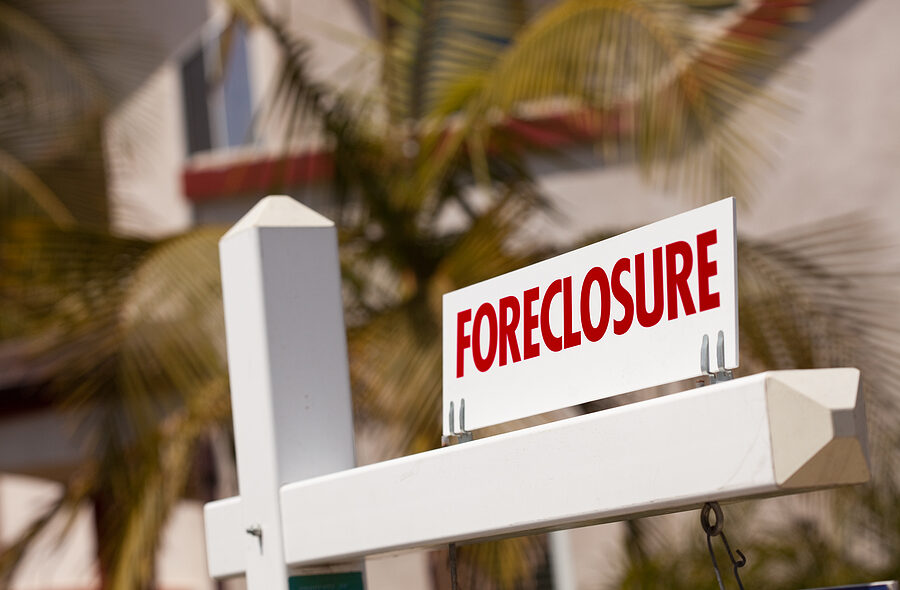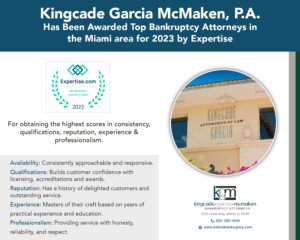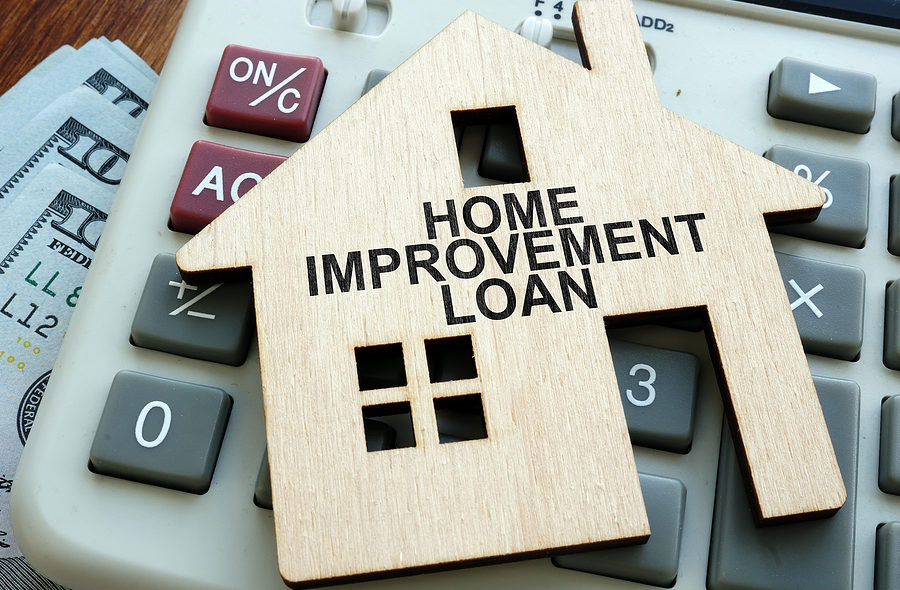When someone has less than perfect credit and is looking to improve his or her credit score, it can be tempting to look to a subprime credit card. In fact, many consumers looking to start from scratch in rebuilding a low FICO score choose subprime credit cards as their preferred method of rebuilding credit. These credit cards, while they work for some, come with their own set of hidden dangers that should be understood before signing on the dotted line.
A subprime credit card is a credit card issued to individuals who carry a lower, substandard credit score or who have a very limited credit history. Normally, these cards have a higher interest rate than other types of credit cards granted to prime borrowers. In addition to the higher rates, these cards also come with extra fees, as well as lower credit limits.
It is estimated that approximately 40 percent of millennials have what is known as subprime credit, according to credit reporting agency, TransUnion. Of the over 16 million Americans who have credit scores lower than 600 have at least one credit card. Many of them have more than one card, each card holding a significant balance.
Many people are under the misconception that to rebuild credit, an individual needs to get a card and maintain a balance, while paying the minimum payments. When the advertisements pop up on these individual’s computer screens, promising a way to build credit through a subprime credit card, it can be very tempting to click on the ad and sign up right then. However, many of these individuals do not understand what the cons are to sign up for a subprime credit card, and they do not do their homework in researching the negative aspects before signing up for the card.
Hidden credit card fees are oftentimes where people get hit the hardest. Fees can even get as high as being 25 percent of what the available credit balance is on the very first day the card is used. At that rate, it can be nearly impossible for the consumer to catch up.
Subprime credit cards also tend to carry nonrefundable yearly costs. Of the unsecured subprime credit cards surveyed, all nine of them had some type of nonrefundable annual cost. On average, this cost is just a little over $150 on the first year the card is used. The annual percentage rate (APR) for these cards can range as high as 30 percent, which keeps the balance high, no matter how hard the cardholder tries at paying down the balance.
TransUnion reported that the average American who has a low credit score carries 2.5 credit cards. Of these individuals who were surveyed, approximately $300 of their income annually goes towards paying the high credit card fees that went along with those cards, not including the monthly interest that they pay on the balance held on each card.
Occasionally, a subprime credit card will have an annual fee that must be paid from the start. These credit card annual fees will appear on the card statements and can take up 25 percent of the cardholder’s credit line. Ideally, the credit utilization ration will be 10 percent, but for individuals with subprime credit, this number is impracticable.
It is for this reason that many credit advisors recommend that a secured credit card be used by someone just coming out of a bankruptcy or in a bad financial situation to rebuild credit. Unlike a subprime card, a secured card holds lower fees and less risk. Many secured cards offer a graduation program, meaning if the cardholder can establish a good payment history, eventually that person will move up to an unsecured credit card with a good rate. Examples of secured credit card programs include the Capital One Secured Mastercard and the Discover it Secured Card. Secured cards often require the cardholder pay an initial deposit through a connected bank account, or, if someone does not have a bank account, programs exist that allow for a secured card to be issued through an approval process and low annual fee.
It is important that the credit card not carry too high of a balance, and that the cardholder pay the minimum balance every month on time. Only use the card for small, manageable purchases, and keep an eye on the cardholder’s FICO score to monitor any changes in a positive or negative direction.
Click HERE to read more on this story.
If you have questions on this topic or are in financial crisis and considering filing for bankruptcy, contact an experienced Miami bankruptcy attorney who can advise you of all of your options. As an experienced CPA as well as a proven bankruptcy lawyer, Timothy Kingcade knows how to help clients take full advantage of the bankruptcy laws to protect their assets and get successful results. Since 1996 Kingcade Garcia McMaken has been helping people from all walks of life build a better tomorrow. Our attorneys’ help thousands of people every year take advantage of their rights under bankruptcy protection to restart, rebuild and recover. The day you hire our firm, we will contact your creditors to stop the harassment. You can also find useful consumer information on the Kingcade Garcia McMaken website at www.miamibankruptcy.com.





